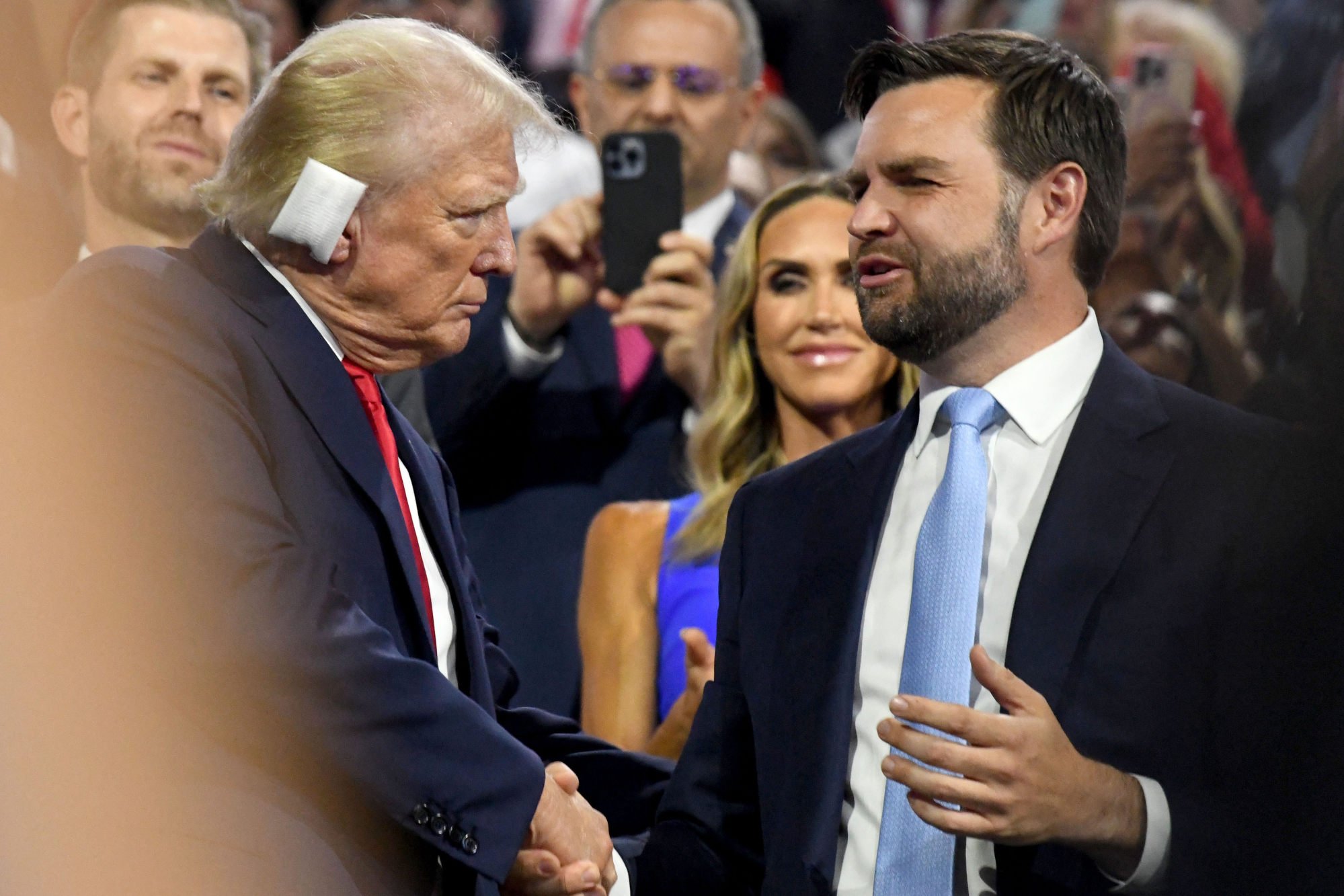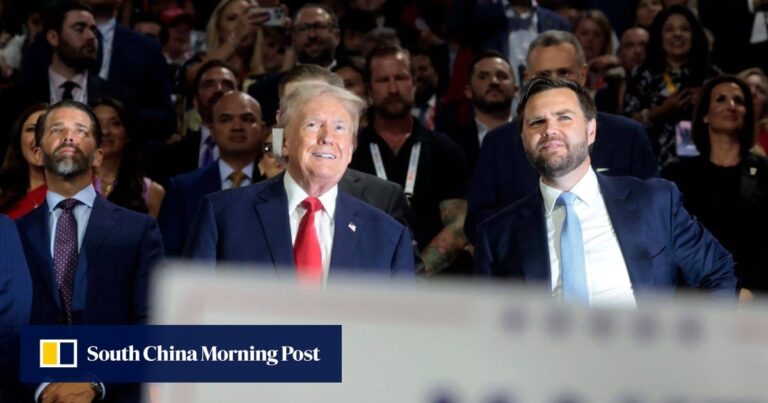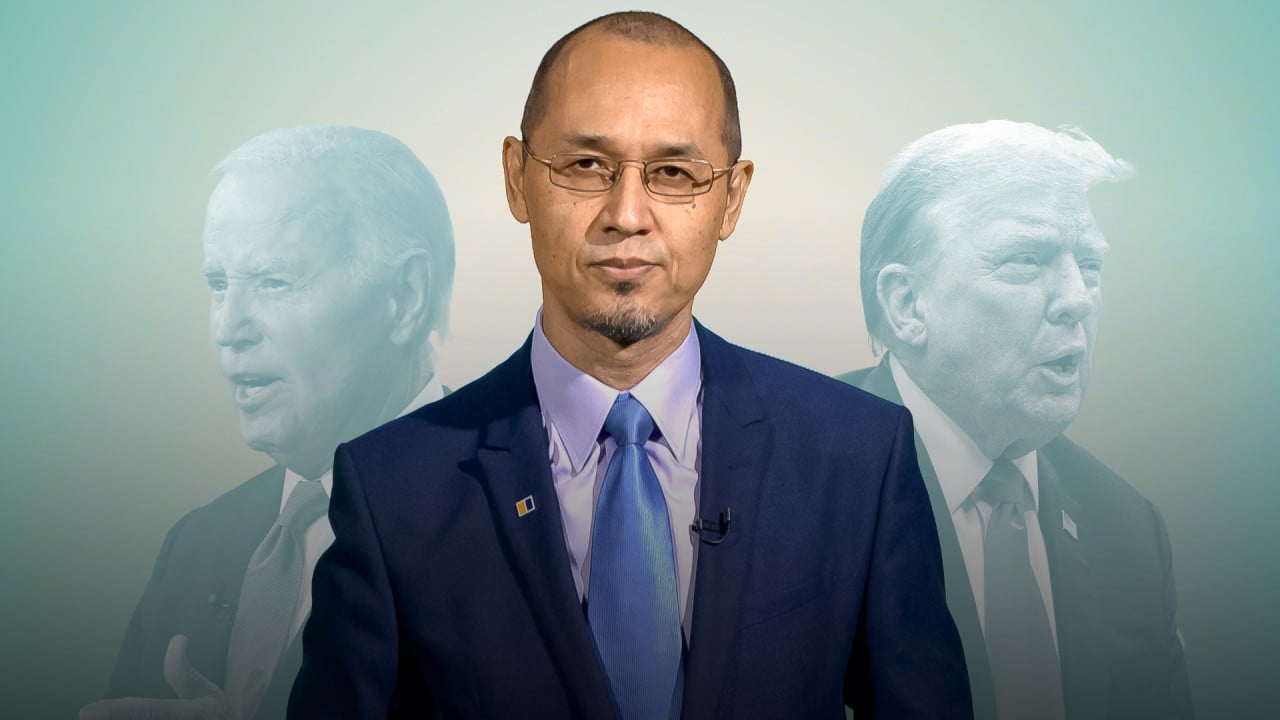Zhu Junwei, director of the Center for American Studies at the Grand View Institute, said he expected Vance to join Trump in arguing that foreign policy should focus less on Ukraine and more on China.
“Vance is unlikely to disagree much with Trump’s overall China policy,” Zhu said.
“President Trump’s main concern is tariffs. The direction of China policy will still depend on the choice of secretary of state and secretary of defense. The vice president’s role in this regard may not be as big.”
Vance is a skeptic of renewable energy and climate change, and has introduced legislation to eliminate federal tax credits for electric vehicles, saying they contribute to “offshoring” American jobs to China.
Wu Xinbo, director of the Institute of International Studies at Fudan University in Shanghai, said a Trump-Vance administration would likely become more involved in the Taiwan issue.
“[Vance] “It will strengthen and increase technology restrictions and repression against China,” Wu said.
That was made clear in January, when Vance told the right-wing cable TV channel Real Voice of America that if mainland China attacked Taiwan, the United States would lose a lot of the semiconductors and new technologies that “power our modern economy.”
“We cannot allow the Chinese to come into Taiwan,” Vance said.
Beijing considers Taiwan an integral part of China and must unify it by force if necessary, and most countries do not recognise it as an independent nation.
These include the United States, which opposes any coercive change to the status quo and is obligated by law to provide weapons for Taiwan’s defence.
Under the Trump administration, the United States began restricting semiconductor exports to China to curb Beijing’s high-tech development, which it viewed as a threat to its defense.

In the same television interview, Vance compared Ukraine to Taiwan, saying a war in Ukraine “is an invitation for Chinese aggression because China knows we don’t have the weapons systems that can support both Ukraine and Taiwan.”
Trump and former administration officials have repeatedly accused Biden of being soft on China on the issue of Taiwan, and some of Trump’s cabinet nominees have echoed Vance’s call for a shift in focus from the Middle East and Ukraine to the Indo-Pacific and Taiwan.
One such hopeful, former senior Pentagon official Elbridge Colby, told a U.S.-China strategy forum at the Council on Foreign Relations last month that a “strong military force in the right place at the right time” was needed to deter China from “determined aggression on Taiwan.”
Colby, who served as assistant secretary of defense for strategy and force development under the Trump administration, is seen as a leading candidate to become the next national security adviser if the former president is re-elected.
Zhang Jiadong, a US scholar at Fudan University, agreed that with Trump and the new administration in power, the focus of US foreign policy will likely shift from the conflicts in Ukraine and Gaza to China.
“The United States could press Russia and Ukraine to negotiate a resolution to the conflict and then soften its stance toward Russia, or even bring Russia to its side and focus on China,” he said.
Huizhang Daming, a professor of American politics at Renmin University of China, said Vance would have limited influence over Trump’s foreign policy because the president is now more “decisive” and more vocal about his views than during his first term.
“Now he cares more about the loyalty of others, and everyone will be an enforcer,” Diao said.


